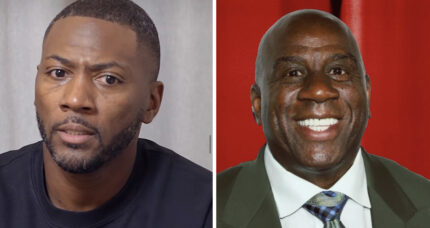Ryan Clark of the Pittsburgh Steelers says he does not smoke marijuana and would not, but NFL players and teammates indulge regularly for various reasons, including pain and stress relief.
On ESPN’s “First Take,” Clark, a 12-year veteran, said: “I know guys on my team who smoke. And it’s not a situation where you think, ‘Oh, these are guys trying to be cool.’ These are guys who want to do it recreationally.
“A lot of it is stress relief. A lot of it is pain and medication. Guys feel like, ‘If I can do this, it keeps me away from maybe Vicodin. It keeps me away from pain prescription drugs and things that guys get addicted to.’ Guys look at this as a more natural way to heal themselves, to stress relieve and also to medicate themselves for pain. Guys are still going to do it.”
On Twitter, Clark made it clear he does not engage in pot. His tweet read: “I don’t smoke marijuana. I won’t smoke marijuana. The NFL shouldn’t push marijuana, but I’d be a fool to say that people don’t use it.”
Clark also agreed with recent comments by Antonio Cromartie, the New York Jets’ cornerback who suggested the NFL would be wasting its time and resources in increased measures to deter marijuana smoking.
“It’s 100 percent true. They’re fighting a losing battle. The testing isn’t stringent,” Clark said. “There is one random test during OTAs and minicamps during the offseason, and everybody will be tested early in training camp. After that, there are no more tests. So guys understand the ways to get around failing a drug test.”
Commissioner Roger Goodell, addressing the issue last Friday at his annual Super Bowl news conference, downplayed the possibility of the league lifting marijuana from its list of banned substances.
“It is still an illegal substance on a national basis,” Goodell said. “It’s something that is part of the collective bargaining agreement with the players. It is questionable as to the positive impacts in the face of the very strong evidence of the negative effects, including addictions and other issues.
“We’ll continue to follow the medicine. Our experts right now are not indicating that we should change our policy in any way. We are not actively considering that at this point in time. But if it goes down the road sometime, that’s something that we would never take off the table.”


